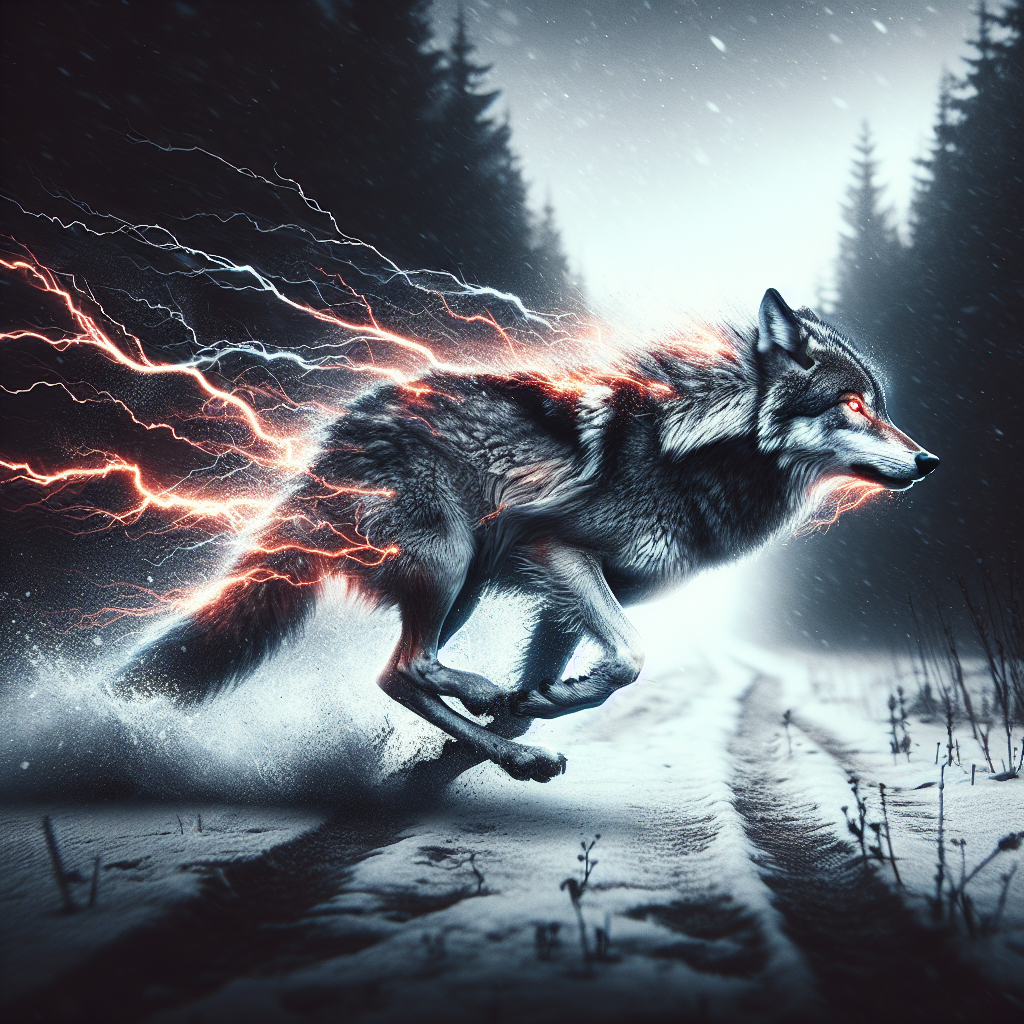44,000-Year-Old Wolf Found in Yakutia: A Prehistoric Discovery
In Yakutia, Russia, scientists are examining a wolf frozen in permafrost for 44,000 years, the first discovery of its kind. Found in 2021, this well-preserved Pleistocene predator offers insights into ancient wildlife, diet, and ecology, shedding light on prehistoric life in the region.

- Country:
- Russia
In Russia's far northeastern Yakutia region, local scientists are performing an autopsy on a wolf frozen in permafrost for around 44,000 years, a find they said was the first of its kind. Found by chance by locals in Yakutia's Abyyskiy district in 2021, the wolf's body is only now being properly examined by scientists.
"This is the world's first discovery of a late Pleistocene predator," said Albert Protopopov, head of the department for the study of mammoth fauna at the Yakutia Academy of Sciences. "Its age is about 44,000 years, and there have never been such finds before," he said.
Sandwiched between the Arctic Ocean and in Russia's Arctic far east, Yakutia is a vast region of swamps and forests around the size of Texas, around 95% of which is covered in permafrost. Winter temperatures in the region have been known to drop to as low as minus 64 degrees Celsius (-83.2°F)
"Usually, it's the herbivorous animals that die, get stuck in swamps, freeze and reach us as a whole. This is the first time when a large carnivore has been found," said Protopopov. While it's not unusual to find millenia-old animal carcasses buried deep in permafrost, which is slowly melting due to climate change, the wolf is special, Protopopov said.
"It was a very active predator, one of the larger ones. Slightly smaller than cave lions and bears, but a very active, mobile predator, and it was also a scavenger," he added. For Artyom Nedoluzhko, development director of the paleogenetics laboratory at the European University of St Petersburg, the wolf's remains offer a rare insight into the Yakutia of 44,000 years ago.
"The main goal is to understand what this wolf fed on, who it was, and how it relates to those ancient wolves that inhabited the northeastern part of Eurasia," he said.
(This story has not been edited by Devdiscourse staff and is auto-generated from a syndicated feed.)
ALSO READ
Fossils, Spacewalks, and Rocket Launch Contracts: Current Science News Briefs
WMO Unveils Global Greenhouse Gas Watch Plan to Combat Climate Change
Unearthed Sea Phantom Fossils & Boeing Starlink's Return: A Leap in Space and Paleontology
Indian Cities Turn into 'Heat Traps' Amid Climate Change
Human-Caused Climate Change Supercharges Killer Heatwave in Americas










